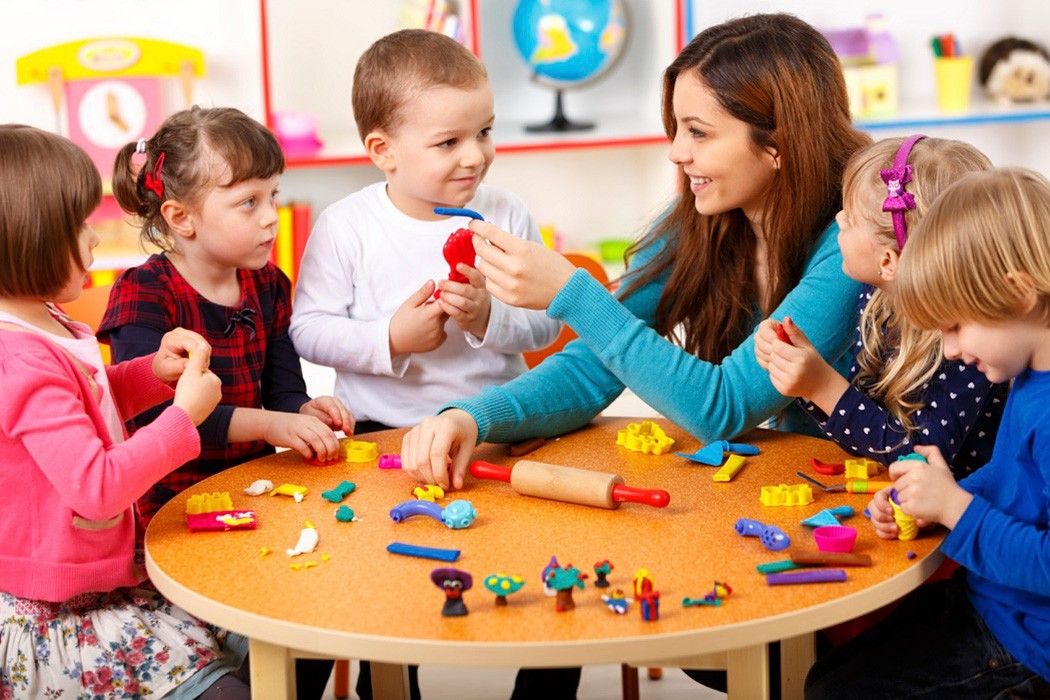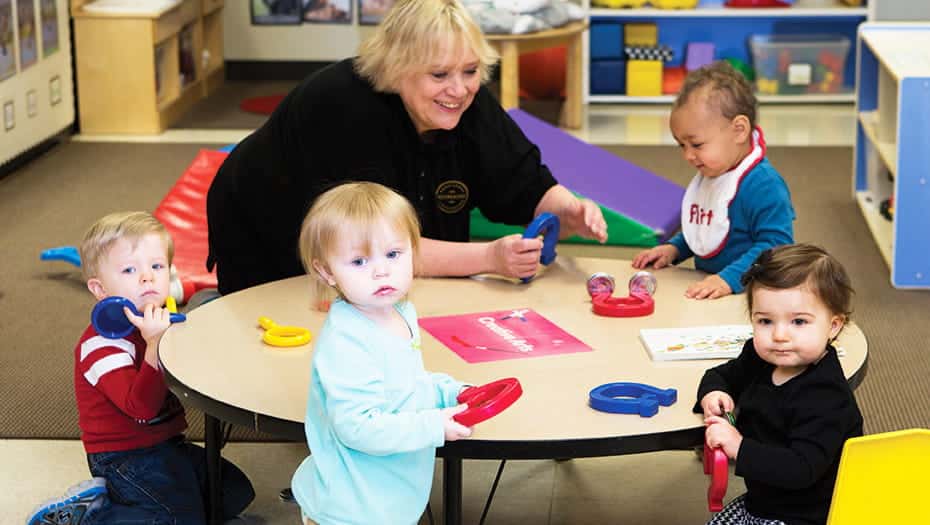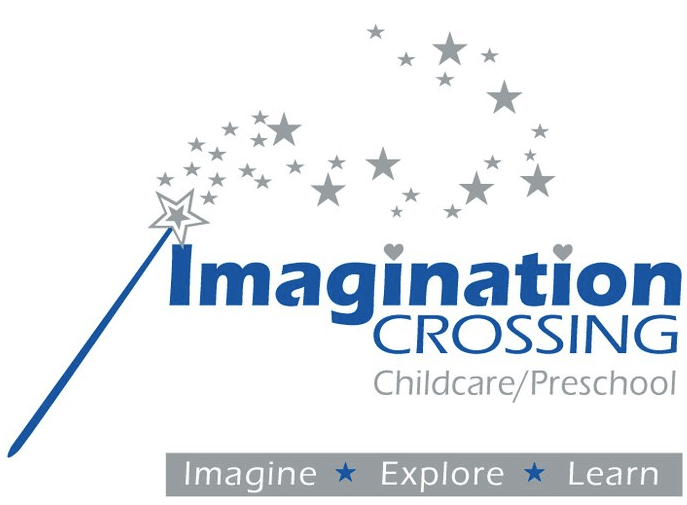In the early years of a child’s life, cognitive development lays the foundation for future learning and academic success. Childcare centers play a pivotal role in providing an enriching environment where young children can engage in stimulating activities, interact with peers, and receive guidance from trained educators.
In this blog post, we’ll explore the advantages of early learning in childcare centers and how they contribute to cognitive development in young children.
Understanding Cognitive Development
Cognitive development refers to the process of acquiring knowledge, understanding, and problem-solving abilities. It encompasses various domains, including language development, memory, attention, reasoning, and executive function skills. During the early years, the brain undergoes rapid growth and development, making it an optimal time for learning and skill acquisition.

The Role of Childcare Centers in Cognitive Development
- Structured Learning Environment
- Childcare centers provide a structured learning environment where children engage in age-appropriate activities designed to stimulate cognitive development. Through play-based learning, hands-on experiences, and guided instruction, children explore new concepts, develop critical thinking skills, and expand their knowledge base.
- Exposure to Rich Learning Materials
- Childcare centers offer a wide range of educational materials, including books, puzzles, manipulatives, and sensory materials. These resources provide opportunities for exploration, discovery, and hands-on learning, promoting cognitive growth and problem-solving abilities.
- Language and Literacy Development
- Childcare centers prioritize language and literacy development through storytelling, conversations, and exposure to print-rich environments. Through exposure to vocabulary, phonics, and early literacy skills, children lay the foundation for reading and writing success.
- Social Interaction and Peer Learning
- Interacting with peers in childcare centers promotes cognitive development through social learning experiences. Children engage in collaborative activities, share ideas, and learn from one another, fostering language development, perspective-taking, and problem-solving skills.
- Guidance from Educators
- Trained childcare professionals play a crucial role in supporting cognitive development through guided instruction, scaffolding, and modeling. They provide opportunities for exploration, ask open-ended questions, and encourage children to think critically and creatively.
- Cognitive Challenges and Problem-Solving
- Childcare centers offer activities that challenge children to think critically, solve problems, and make decisions independently. Whether it’s completing puzzles, sorting objects, or engaging in STEM activities, children develop cognitive skills such as reasoning, logic, and spatial awareness.

Strategies for Fostering Cognitive Development in Childcare Centers
- Create a Stimulating Environment
- Provide a variety of learning materials and activities that encourage exploration, experimentation, and discovery.
- Encourage Curiosity and Inquiry
- Foster a culture of curiosity by encouraging children to ask questions, seek answers, and explore their interests.
- Promote Language and Literacy
- Incorporate language-rich activities such as storytelling, rhyming games, and alphabet recognition to support language and literacy development.
- Offer Scaffolding and Support
- Provide guidance and support to children as they engage in challenging tasks, offering assistance and encouragement when needed.
- Embrace Diversity and Inclusion
- Celebrate diversity and incorporate multicultural perspectives into learning activities, promoting acceptance and understanding of different cultures and backgrounds.
- Provide Opportunities for Reflection
- Encourage children to reflect on their learning experiences, discuss their thoughts and ideas with peers, and make connections to real-world situations.
Childcare centers play a crucial role in fostering cognitive development in young children, providing a stimulating environment where they can learn, grow, and thrive. Through structured learning activities, exposure to rich learning materials, social interaction, and guidance from trained educators, children build essential cognitive skills that lay the foundation for future academic success. By prioritizing cognitive development and implementing evidence-based practices, childcare centers empower children to become curious, confident, and capable learners, setting them on a path towards lifelong learning and achievement.
